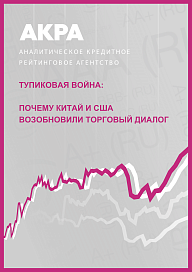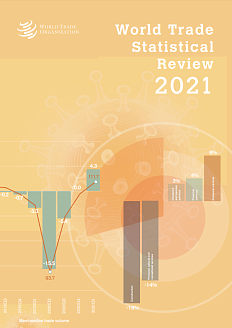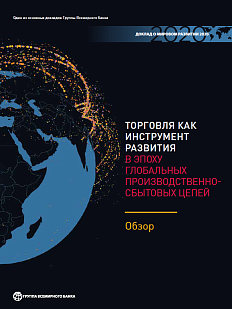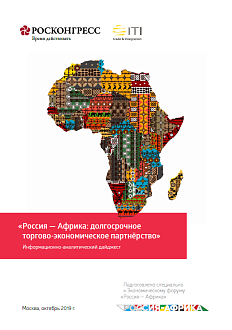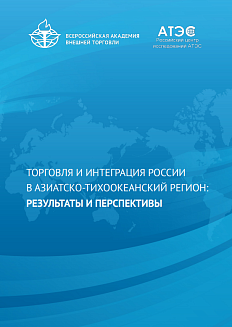According to ACRA, China and the US can settle trade disputes, but probably not before this summer. As part of the talks, Beijing and Washington have repeatedly expressed hope for normalized trade relations, but so far have not taken any concrete steps. China and the US have, however, temporarily agreed not to further tighten import tariffs. If the trade war is resolved, a gradual reduction in tariffs on most goods will likely come from both sides.
Chinas introduction of additional tariffs with a weighted average value of 10 percentage points has led to a decrease in the US share in Chinese imports from 16.3% to 12.4% in 2018, as well as a decline in Chinas import growth rate by 3.65% during that period. The drop in the US share is because China reduced the purchases of US energy resources and agricultural products. Lower imports from the US to China open up opportunities for other exporting countries to fill this niche.
Chinas retaliatory tariffs on goods from the US in certain industries have had a strong impact on import prices, which have taken on additional financial burden. The transportation sector felt the biggest effects, followed closely by the livestock and wood processing industries.
.png)
Meanwhile, in several industries, a significant increase in import prices was accompanied by a growth in demand for foreign products in China. This is the case in sectors such as animal products, transportation, foodstuffs, mineral products, and chemicals, which is due to a handful of non-price related factors. The costs of importers who failed to replace supplies from the United States rose, which negatively affected their financial results and required government support.
The drop in Chinas yuan by 4.5% in Q4 2018 compared to the same period last year also contributed to the growth of prices for imported goods (on average, inched up by 6%). Its likely that the yuans weakening also caused a significant decrease in Chinas import growth rate during that period.


